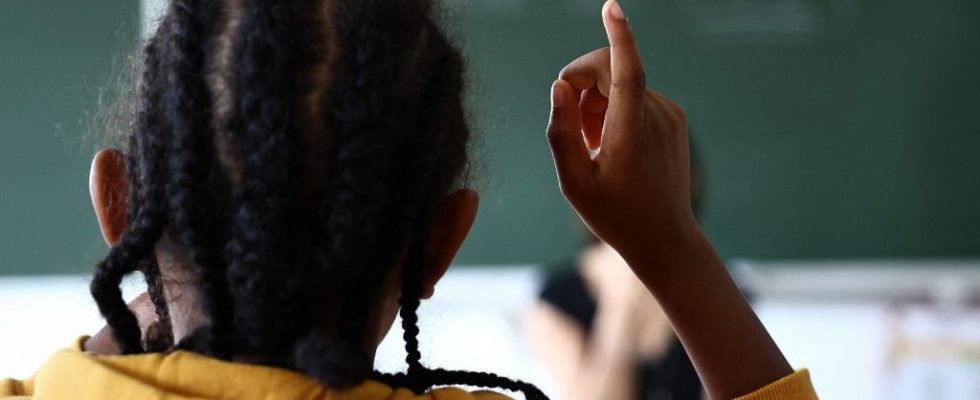Get out your calculators! While the financing of private establishments under contract is currently in the spotlight since the controversy triggered by Amélie Oudéa-Castéra, new Minister of National Education, the Marseille schools collective has redone the accounts.
A “Gaudinian” tradition
According to the calculations from the grouping of parents of students, resulting from municipal deliberations, the observation is clear: the city of Marseille is more generous than Paris with its private schools. In detail, the allocation from Paris town hall to its 27,000 private school students amounts to 1,109 euros per year per head in nursery school and 954 euros in primary school. In Marseille and its nearly 14,000 private school children, this is 1,507 in nursery school and 721 euros in primary school. Weighted over the entire nursery and primary education, this amounts to an expenditure per student of 8,126 euros in a Marseille private school compared to 8,097 in Paris.
This part takes into account only the so-called “material” allocation, which aims to cover the costs of heating, electricity or maintenance of the premises. To this is added a “personnel” part which corresponds to the remuneration of the agents. A situation denounced by the Marseille schools collective, despite the attempts of the new Marseille municipality to reduce these expenses. The administrative court intervened and canceled one of the last deliberations of the Gaudin era, which increased the allocation to the private sector by 25%. “We must realize that so much money goes to private schools, while at the same time, schools in Marseille have heating problems,” maintains Cécile Baron of the Marseille schools collective, who feels “anger from not favor public schools.”
1.3 million grant from Paris City Hall for Stanislas
In the particular case of Stanislas, the announcement of the suspension of the allocation of the Paris City Hall, following a report mentioning homophobic and sexist “drifts”, tells us that this amounts to a little more than 1.3 million euros per year. The establishment has 1,812 students at levels ranging from kindergarten to the end of secondary school, an average of 758 euros per student per year.
In Bouches-du-Rhône, private colleges under contract are financed by the department, which is distinct, unlike Paris, from the municipal level. To compare effectively with Stanislas, we would need to know whether this 1.3 million corresponds only to the material part, which may seem more probable given the amount, or whether it also covers the “personal” part. With 7.5 million euros in material allocation in 2020 for its 21,000 private school students, the Bouches-du-Rhône department spends an average of 357 euros per school student. If we add the “staff” portion, which is 7.3 million euros, we obtain a public expenditure per private school student of 704 euros.
In addition to this public funding for private establishments, there is revenue from the latter through registration fees, which are often high. This creates real gaps in resources between public and private education. However, and despite the obvious social inequalities that this operation reproduces, the development of private establishments does not seem to be called into question. “I will be curious to see where the children of Marseille elected officials go to school,” concludes Cécile Baron. In Marseille, a private Jesuit college is announced by 2025 within the Euromed perimetera vast land-use planning program.

